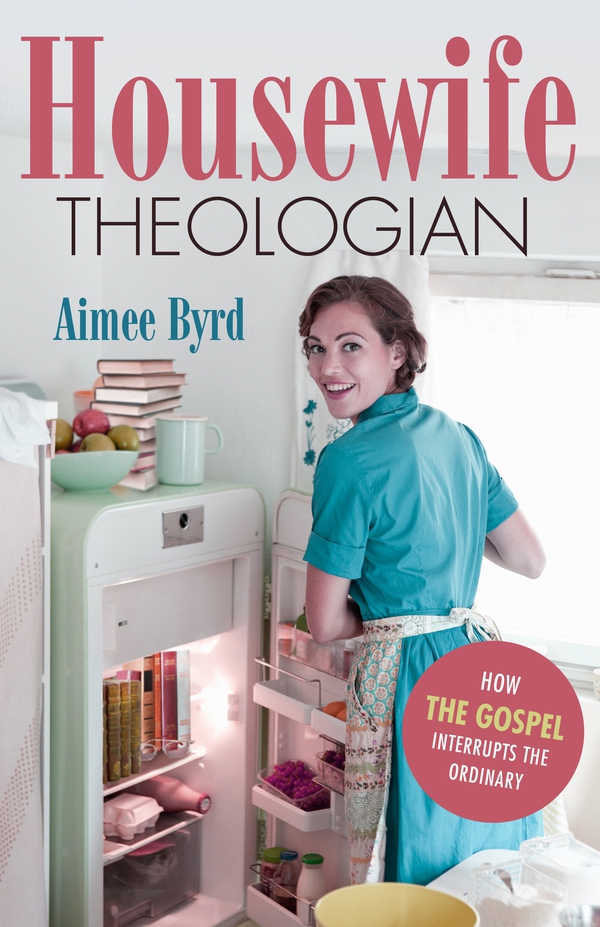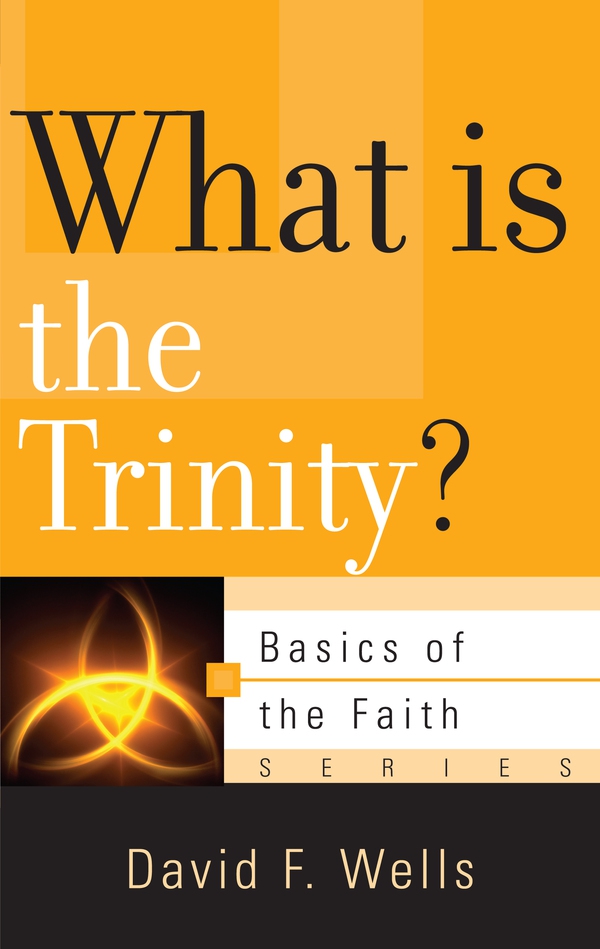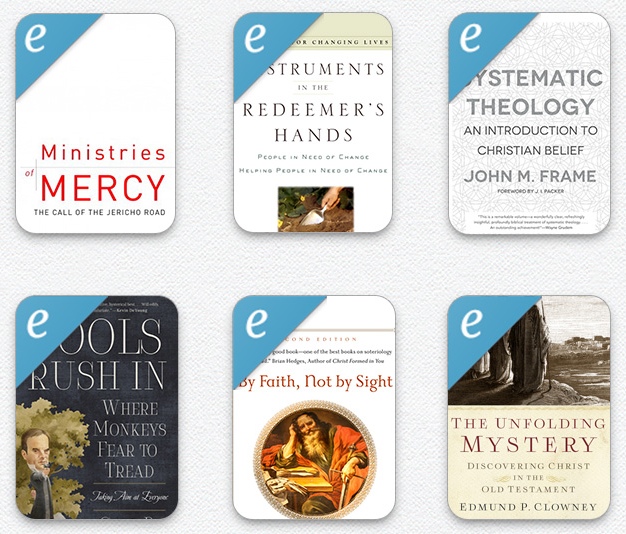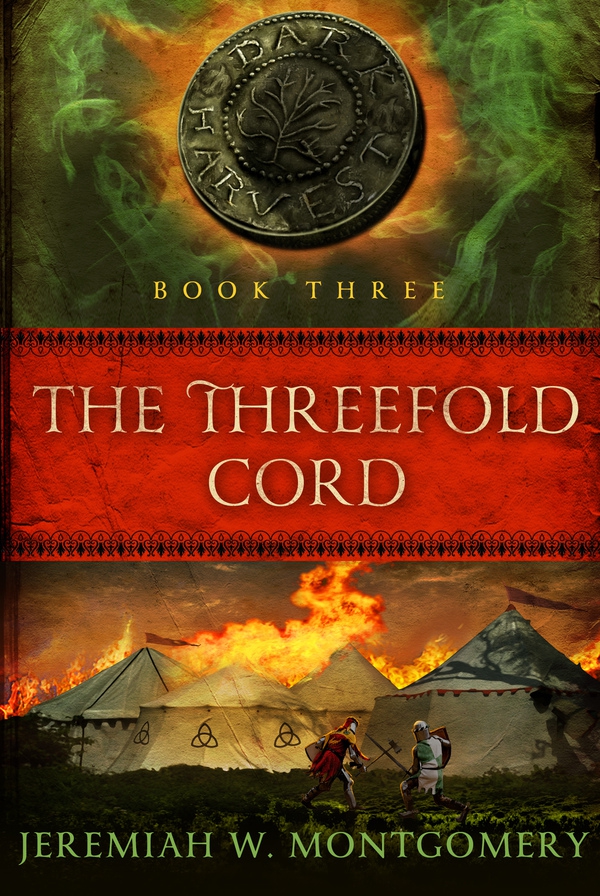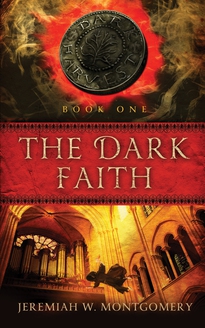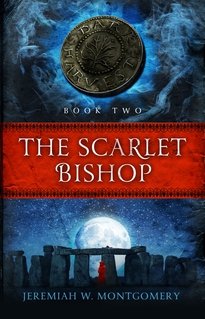The Five Points of Calvinism: Defined, Defended, and Documented
by David N. Steele, Curtis C. Thomas and S. Lance Quinn
272 pages | $12.99 | Paperback | Published: 1963
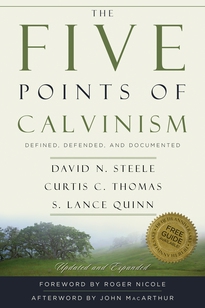
Summary: Celebrating 50 years in print! Free study guide available online. This anniversary edition of The Five Points of Calvinism, now with Scripture quotations from the English Standard Version, contains updated source information and new appendices on such themes as “A Kinder, Gentler Calvinism,” “Perseverance and Preservation,” and “The Practical Applications of Calvinism.”
About the Authors:
David H. Steele (1926-1991) served as a pastor of several Baptist churches in Arkansas until his retirement in 1978. He coauthored Romans: An Interpretive Outline.
Curtis C. Thomas served as pastor of Baptist churches in Arkansas. More recently, for fourteen years, he was the executive pastor of The Bible Church of Little Rock, an independent Reformed congregation. He retired after spending forty-four years in the ministry. Along with David Steele, he coauthored Romans: An interpretive Outline. He is also the author of Practical Wisdom for Pastors: Words of Encouragement and Counsel for a Lifetime of Ministry. He continues to write and is a frequent guest speaker in churches throughout central Arkansas and the surrounding area. He and his wife, Betty, have three grown sons and several grandchildren.
Lance Quinn is the pastor-teacher of the Bible Church of Little Rock. He received the M.Div. and Th.M. degrees from The Master’s Seminary, and the Drs. degree from the Evangelische Theologische Facutiet in Leuven, Belgium. Prior to coming to The Bible Church of Little Rock, he served as manager of ministries at the Grace to You radio ministry, and for ten years was the senior associate pastor and personal assistant to John F. MacArthur at Grace Community Church in southern California.
What Others Say About This Book:
“One could hardly wish for a better study resource to show the five points’ faithfulness to Scripture.” – J. I. Packer
“Truly a classic – clear, concise, and warm in its presentation of historic Reformed theology. This latest edition is even better than the original.” – R. C. Sproul
“It is a privilege to commend this enlarged and revised edition to a new generation. A model of clarity, full of bliblical teaching.” – Sinclair Ferguson
“Next to the doctrine of salvation, the sovereignty of God has, to me, been the most powerfully comforting truth. My thanks to P&R Publishing for issuing a new edition of this excellent book.” – Joni Eareckson Tada
“I am delighted to see this masterpiece in its new, revised edition. For anyone seeking to understand, teach, and enjoy the doctrines of grace, this book is quite simply a ‘must.'” – John Blanchard
“The best and the most complete short introduction to the doctrines of grace.” – Philip G. Ryken
_________________________________________________________________________________
- Like us on Facebook: P&R Publishing
- Follow us on Twitter: @prpbooks
Our mission is to serve Christ and his church by producing clear, engaging, fresh, and insightful applications of Reformed theology.
_________________________________________________________________________________

